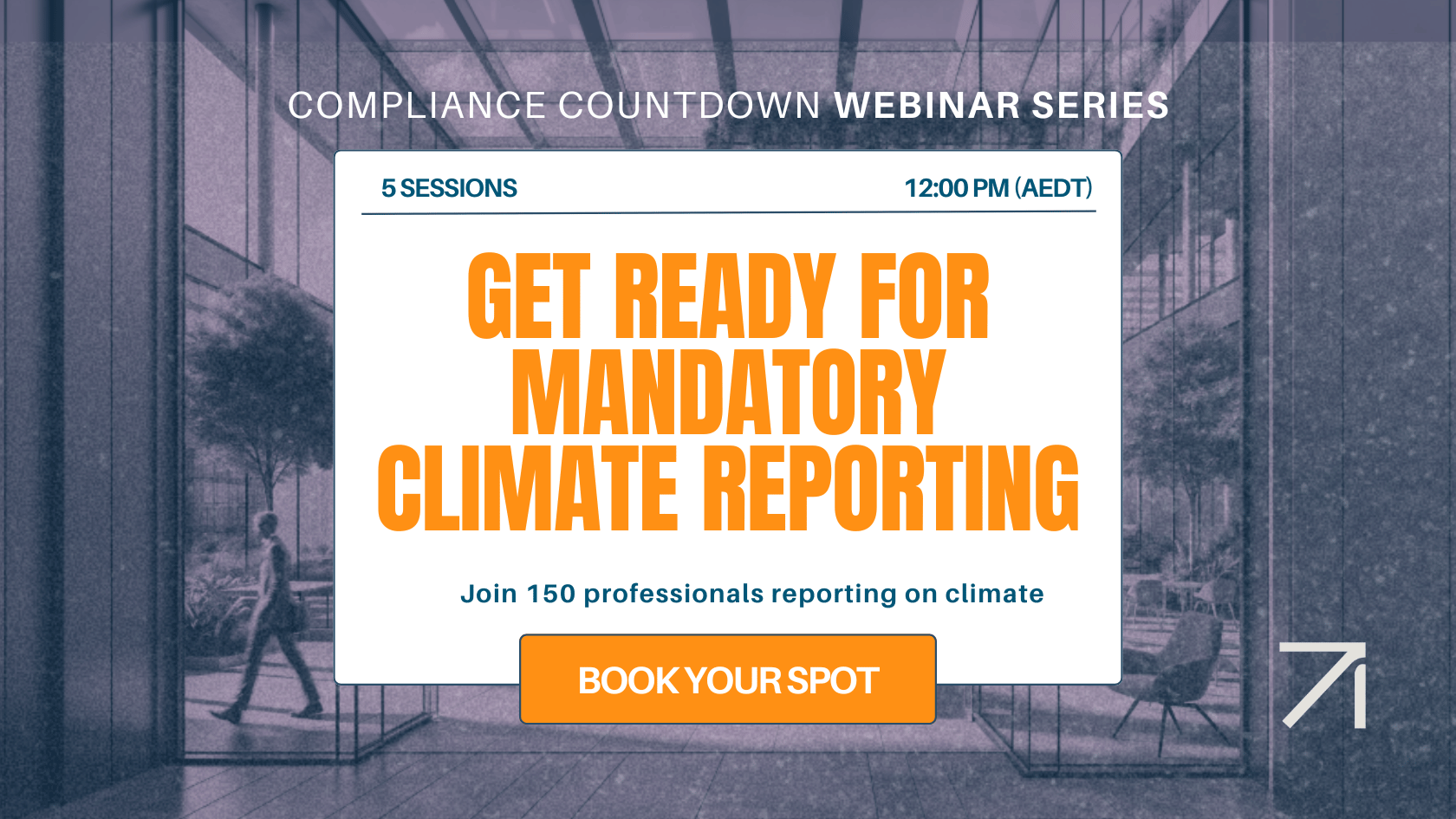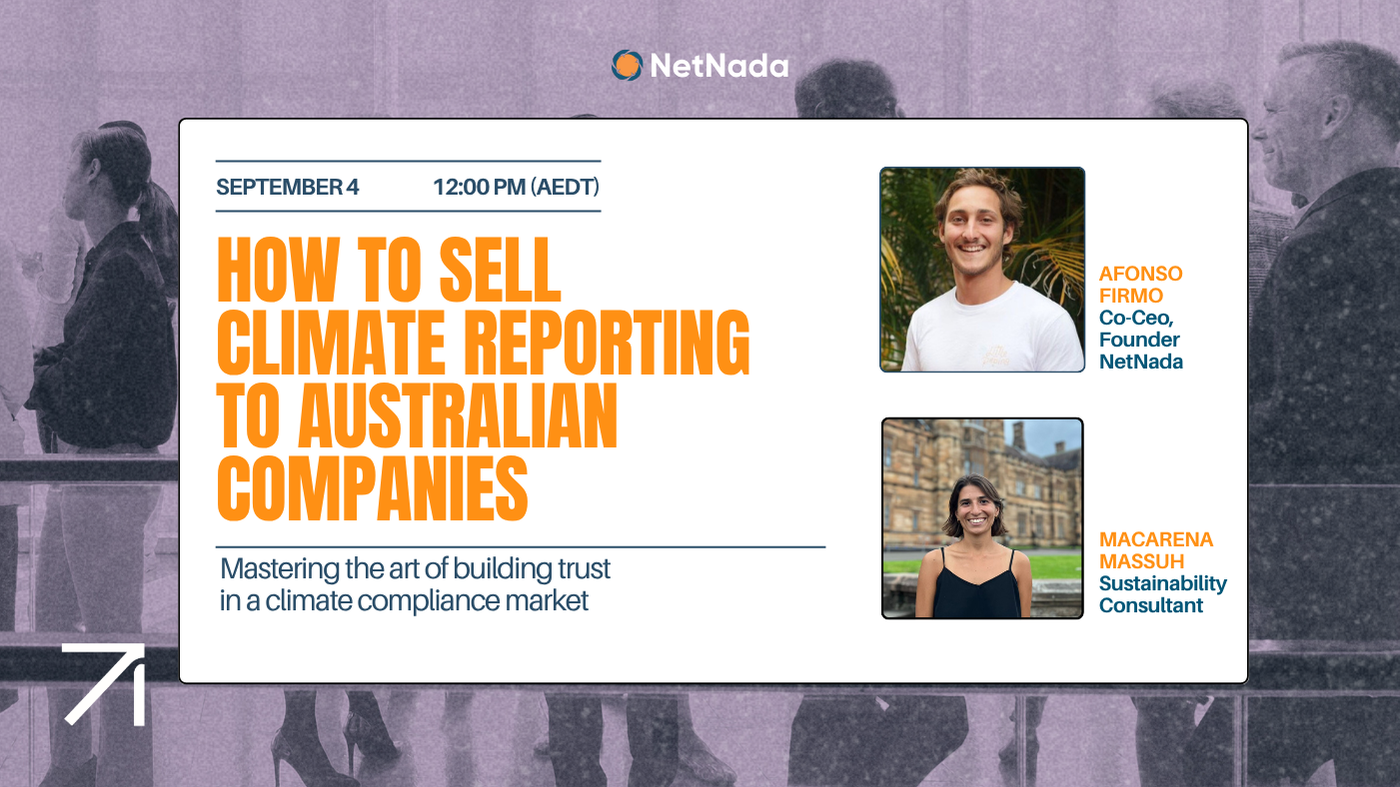

The Taskforce on Nature-related Financial Disclosures (TNFD) is a global initiative that provides a framework for organizations to identify, assess, manage, and disclose nature-related dependencies, impacts, risks, and opportunities. By integrating these considerations into decision-making processes, the TNFD aims to redirect financial flows toward nature-positive outcomes, supporting global goals for biodiversity, sustainability, and long-term value creation.
Under the TNFD framework, “nature” is defined through four key realms: land, freshwater, ocean, and atmosphere. These realms represent the full spectrum of natural systems that support life and economic activity. They underpin essential ecosystem services from water availability and crop pollination to climate stability and air quality. Because businesses both depend on and impact these systems, overlooking them can expose organisations to serious risks. The TNFD encourages companies to systematically consider these dimensions to build resilience and support nature-positive decision-making.
As of now, the TNFD framework is voluntary. However, with growing global momentum for sustainability disclosure standards, it is expected that nature-related reporting will increasingly be adopted or even integrated into future regulatory requirements, similar to the trajectory followed by the Task Force on Climate-related Financial Disclosures (TCFD).
While the TCFD focuses specifically on climate-related financial risks and opportunities, the TNFD expands the scope to include nature in all its forms. It addresses a broader range of environmental dependencies and impacts beyond climate, such as water security, land degradation, and biodiversity loss.
Yes, the TNFD framework is designed to be complementary to the TCFD, allowing organisations to integrate nature-related disclosures alongside climate-related disclosures within a unified sustainability reporting approach.
The TNFD framework recommends 14 disclosures structure under the same four-pillar structure as the TCFD and aligns with the International Sustainability Standards Board (ISSB) to promote consistency across sustainability reporting:

The TNFD encourages organisations to select metrics that are decision-useful, science-based, and consistent across sectors, while also being flexible enough to suit the organization’s context and industry. The key categories of metrics include:
The LEAP approach is an integrated method developed by the TNFD for identifying and assessing nature-related dependencies, impacts, risks, and opportunities. It stands for:
This approach is designed for use by organisations of all sizes and sectors to inform disclosure statements aligned with the TNFD recommendations.
Nature-related risks, such as ecosystem collapse, water scarcity, or deforestation, can materially affect supply chains, operations, and brand reputation. By acting early and aligning with TNFD recommendations, businesses can not only manage these risks better but also unlock new opportunities for innovation, investment, and competitive advantage in a nature-positive economy.
Organisations can signal their intention to adopt the TNFD recommendations by registering as TNFD Adopters. This involves committing to start publishing TNFD-aligned disclosures, with the flexibility to begin with available data and expand reporting over time. Early adopters are encouraged to make one or more disclosures in their first year of reporting.






















.png)
.png)
.png)
.png)
.png)
.png)

.png)
